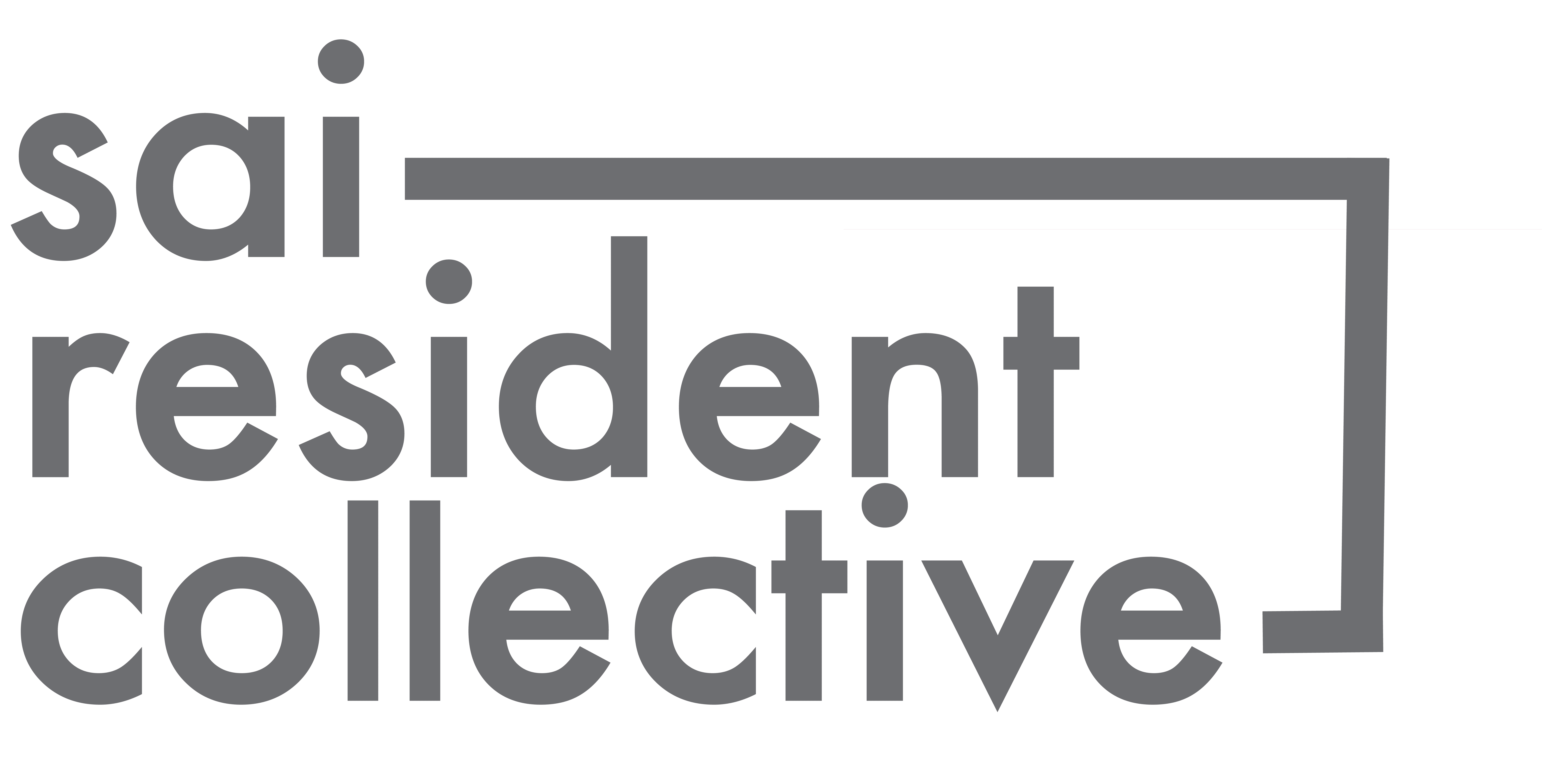- November 25, 2020
- Posted by: Team SAi
- Categories:

by Fanuel Muindi
On Nov 14, 2020, nine SAi Fellows from Cohort 4 (C4) pitched their informal STEM initiatives to the world for the first time during the C4 Demo Day. Each of the fellows were individually mentored by coaches from the program for the 10 weeks. Topics such as finding problem-solution fit, logic model building, finance, marketing, leadership, and operations were covered. Each fellow got just 10 minutes to pitch to a diverse audience of stakeholders in the field in addition to the broader publics. Their projects are across several categories including publishing, mixed media, programs, service, databases and podcasts.
Here are the descriptions of each of the projects that were pitched at the C4 Demo Day (random order): You can also watch the full presentations.
PubNavigator: The mission is to improve science literacy by making scientific research accessible. The vision is to make scientists more approachable, increase science appreciation, and promote science identity. Project by: Rosario Marroquin-Flores from Illinois State University.
Science Samvaad: The mission is to provide training to craft and deliver an effective scientific talk for any kind of audience. Their approach is to develop and teach a 5-part course. Project by Amrita Iyer from Baylor College of Medicine.
NeuroWellness for Young Adults: The goal of the initiative is to educate high school students about the neurobiology that underlies our complex mental lives in order to decrease stigma surrounding mental illness and encourage behaviors that support brain health and mental wellness. Project by Danielle Jones from Kent State University.
Crecer ConCiencia: The goal of this new non-profit is to foster scientific curiosity in Latinx kids and environmental literacy in all ages. The organization organizes nature guide tours, build science kits, make educational videos, and participate in diverse outreach events for Latinx families. Project by Gabriela Arango from UC Berkeley.
Scixtend: The initiative aims to teach written and verbal communication through workshops tailored to non-native speakers from developing countries with special emphasis on technical communication. Project by Urmimala Basu from Harvard Medical School.
The PhD Princess: The aim of the project is to empower preK-12 science educators to leverage students’ interests in pop culture to increase engagement in STEM through provision of high-quality educational materials and trainings. Project by Sarah White from Northwestern University.
SEAable Research (SEAR): SEAR aims to promote the presence of Southeast Asian (SEA) researchers within academia, industry, government, nonprofit, and so forth. SEAR’s motivation behind this is fueled by the need for representation of SEAs, as this subset of researchers are largely lumped together within the Asian population, even though SEAs have had different histories, trajectories, and challenges that have impacted the percentage of SEAs in higher education and other research sectors. SEAR recognizes the importance of representation and how it matters, especially in the context of connecting with one’s community. Project by Selena Chan from the University of Michigan.
STEM Latinx: The mission is to empower Latinx youth to pursue STEM careers by exposing them to positive role models, cultivating high expectations of themselves and strengthening their family support system. Project by Priscila Guzman from Kansas State University.
Neurotrauma Advocacy Initiative (NAI): NAI is a podcast on Current Topics in traumatic brain injury which seeks to create a forum in which The National Neurotrauma Society (NNS) members could be interviewed and openly discuss their research in both a technical and approachable manner. The podcast would serve as both an educational tool and a scientific communication outlet. Project by D.J. Bradshaw from Uniformed Services University.
